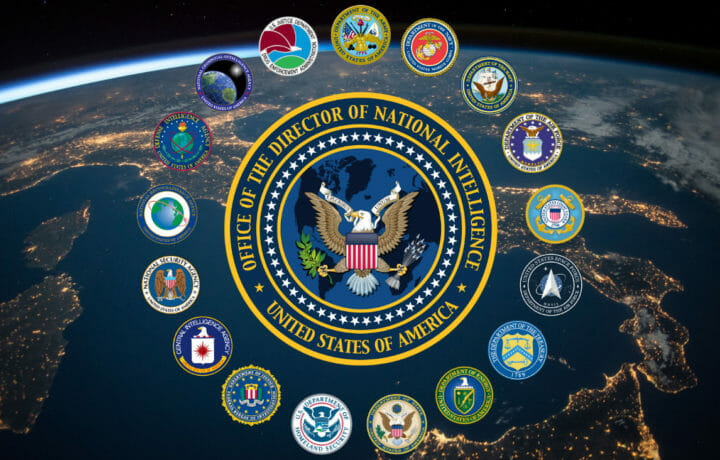The United States Intelligence Community (IC) represents one of the most unique and challenging talent markets in the world. Recruiters tasked with filling critical roles in defense, intelligence, and national security are operating in an environment shaped by stringent clearance requirements, niche skillsets, and a fiercely competitive hiring landscape. Not to mention hiring freezes or stalls and some skittish talent. To succeed, recruiters must adapt their strategies and align them with the mission-driven culture of the IC to keep up.
Understanding the IC Talent Landscape
Recruiters should first understand the workforce they are targeting. Professionals in the IC are not just looking for a job. They are drawn to mission-driven work that has a direct impact on national security and stay in the IC for many years as a government agency employee for decades or serving as a contractor. Many already hold active clearances, and these candidates are in exceptionally high demand. The clearance process itself, lengthy and complex, further limits the talent pool, making proactive sourcing and engagement essential for this group of secret squirrels.
Key Recruiting Challenges
Here are the three main challenges recruiters face in the IC on the regular.
1. Security Clearance Requirements
Unlike other industries, recruiters can’t simply target broad skillsets; they must identify candidates who either already hold a clearance. Sometimes who are willing and eligible to obtain one or be upgraded. Understanding the nuances between different clearance levels (Secret, Top Secret, SCI, and polygraphs) is critical as they are handled separately by their DoD counterpart.
2. Competition for Niche Skills
From cyber operations to foreign language expertise, the IC requires talent with specialized knowledge. These candidates are also being courted by the private sector, often with higher salaries and faster hiring processes.
3. Lengthy Hiring Timelines
Clearance investigations, background checks, and adjudications can take months, sometimes years for candidates with saucier backgrounds to delve into. This means recruiters must focus on building pipelines, keeping candidates engaged, and setting realistic expectations from the outset when it comes to hiring goals for their IC agency contracts.
Best Practices for IC Recruiters
The challenges are real, but there are ways to compete for talent in the IC.
1. Build and Nurture Talent Pipelines
Don’t wait for a requisition to open. Establish relationships with cleared IC professionals early, maintain regular communication, and keep them warm for future opportunities. Networking at industry events, job fairs, and through platforms tailored to the IC is especially effective.
2. Understand Clearance Pathways
For uncleared candidates, be upfront about the clearance process and timelines. For cleared candidates, know which clearances transfer, which agencies like reciprocity, which don’t, and what crossover timelines look like. Demonstrating this expertise builds trust with candidates and credibility with hiring managers.
3. Compete Beyond Compensation
While federal pay scales and contract constraints may limit salary flexibility, recruiters can emphasize stability, professional development, career longevity, and unique mission opportunities as differentiators at their own companies.
4. Collaborate Closely with Hiring Managers
Strong recruiter–hiring manager partnerships are essential. Clarify which clearances, certifications, and experiences are truly required versus “nice to have.” This alignment can dramatically reduce time-to-fill.
Recruiting IC secret squirrels requires patience, persistence, and a deep understanding of both the clearance process and the mission-driven mindset of candidates. By focusing on relationship-building, candidate education, and mission alignment, recruiters can rise to the challenge of filling these vital national security roles and nurture a talent pipeline that can serve for years to come.
THE CLEARED RECRUITING CHRONICLES: YOUR WEEKLY DoD RECRUITING TIPS TO OUT COMPETE THE NEXT NATIONAL SECURITY STAFFER.




